Back to The Discus.com Learning Center
Back to The Discus.com Learning Center
Most fish can tolerate environmental conditions that differ somewhat from the natural conditions in which they evolved. This does not mean, however, that they will be as healthy or live their full normal life span. For example, keeping a fish in water that is cooler (or warmer) than its preferred condition forces its body organs to work harder to keep it alive. That is, such conditions place the fish under increased stress.
Increased stress reduces a fish’s ability to ward off diseases and heal itself (e.g., if its fins get nicked, or parasites get introduced into the tank with newly purchased fish). In addition, stress reduces a fish’s ability to breed successfully and shortens its natural life span. A small amount of stress by itself is not usually fatal, but as stress levels increase, a fish’s ability to cope with it decreases. Thus, one of the most important goals of a fish keeper is to remove sources of stress wherever possible.
It should be noted that eliminating stress does not guarantee that your tank will be healthy. But it significantly increases the odds. Many netters boast regularly about how they’ve kept fish (apparently) “healthy and happy” for long periods of time under (apparently) highly stressful conditions. Such aquarists are sitting on a time-bomb; the not uncommon followup story will refer to one fish getting sick, then another, with an end result of multiple fish deaths. Reducing stress simply increases the likelihood that a tank will stay healthy (much the same way as eating right, exercising and getting the proper amount sleep is generally associated with a long healthy life for humans).

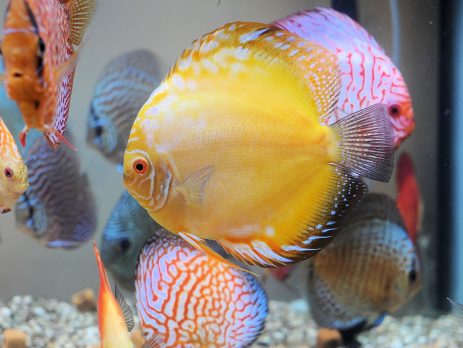
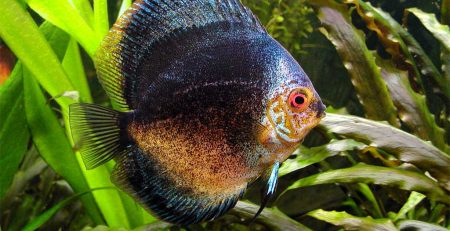
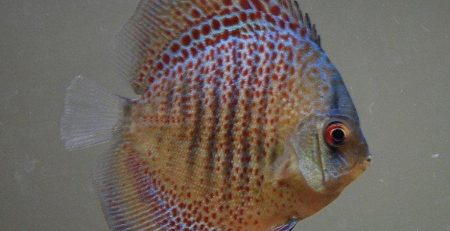
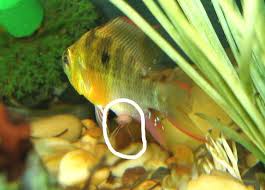
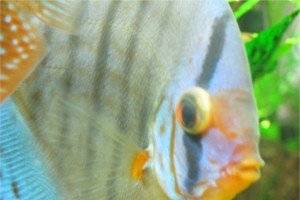
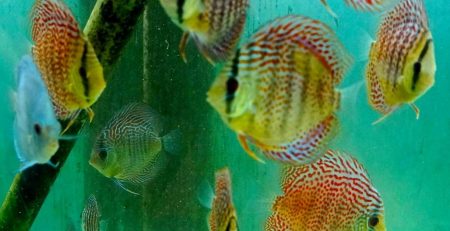

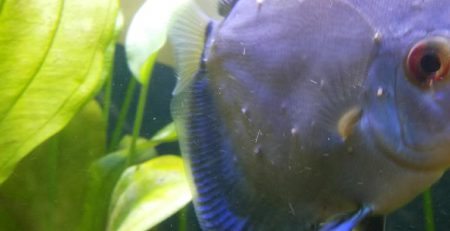


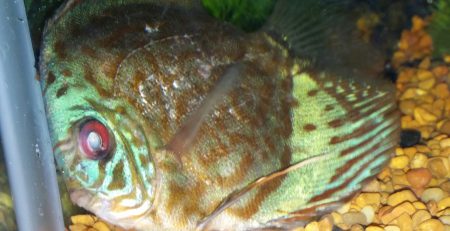
Leave a Reply
You must be logged in to post a comment.